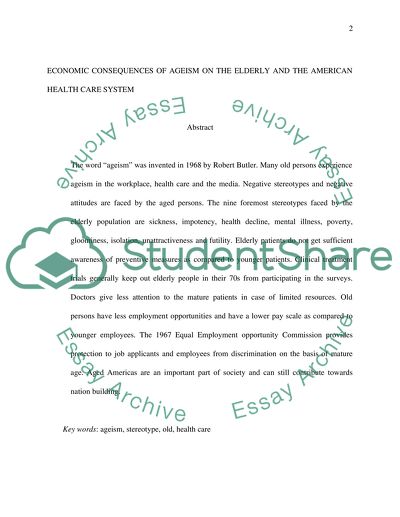Cite this document
(“Economic Consequences of Ageism on the Elderly and the American Research Paper”, n.d.)
Retrieved from https://studentshare.org/nursing/1430435-economic-consequences-of-ageism-on-the-elderly-and
Retrieved from https://studentshare.org/nursing/1430435-economic-consequences-of-ageism-on-the-elderly-and
(Economic Consequences of Ageism on the Elderly and the American Research Paper)
https://studentshare.org/nursing/1430435-economic-consequences-of-ageism-on-the-elderly-and.
https://studentshare.org/nursing/1430435-economic-consequences-of-ageism-on-the-elderly-and.
“Economic Consequences of Ageism on the Elderly and the American Research Paper”, n.d. https://studentshare.org/nursing/1430435-economic-consequences-of-ageism-on-the-elderly-and.


